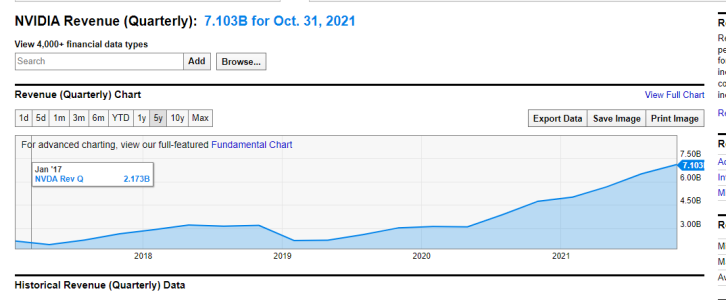workshop35
Gawd
- Joined
- Nov 24, 2013
- Messages
- 781
https://www.pcmag.com/news/nvidia-urges-us-to-exempt-graphics-cards-from-trump-era-tariffs
If this went through, do you think cards would actually sell for less.....
If this went through, do you think cards would actually sell for less.....
![[H]ard|Forum](/styles/hardforum/xenforo/logo_dark.png)
